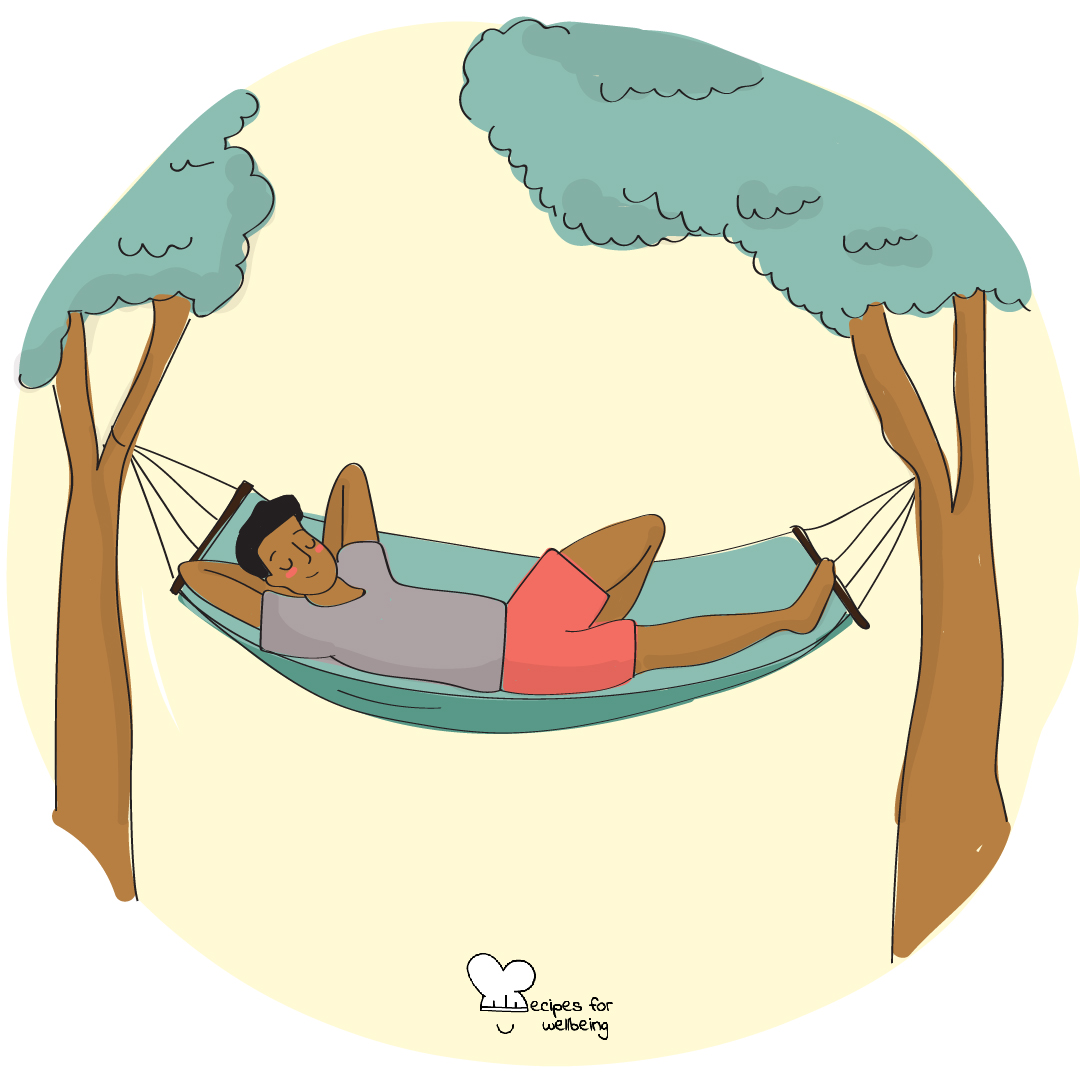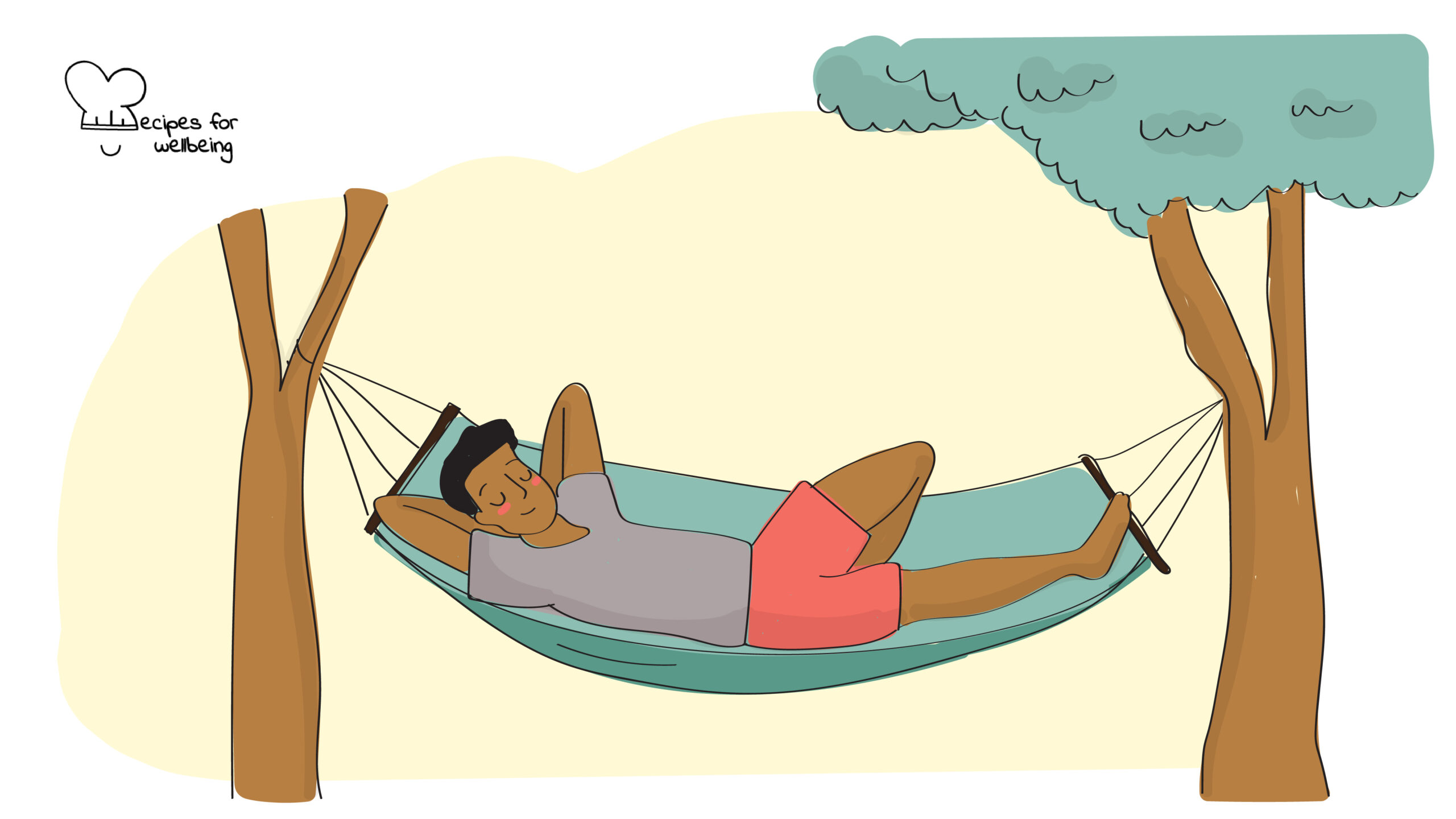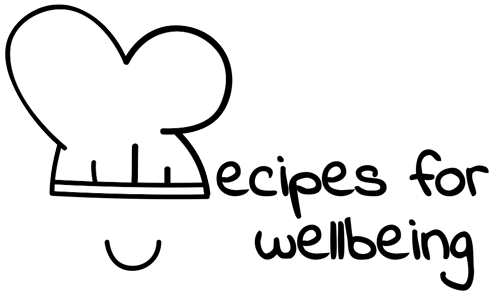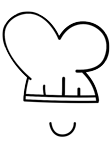
The joy of uselessness
Everyone knows the usefulness of the useful, but no one knows the usefulness of the useless. ―Chang Tzu
👥 Serves: 1 person
🎚 Difficulty: Medium
⏳ Total time: 2 hours
🥣 Ingredients: An open mind, marvelling at something new, lack of judgement
💪 Nutritional values: Joy, Calmness, Slowness, Relaxation, Peace

The joy of uselessness
📝 Description
Practise the noble art of being useless.
If someone came up to you and said, “You are useless!” How would it make you feel? Offended? Sad? Frustrated? Angry? For Zhuangzi Zhu, the ancient Chinese philosopher, it would be a compliment!
Why do you interpret the word with such terrible undertones? Is it because your entire life you have been sold the idea that your worth is determined by what you can offer the world? According to Zhuangzi, learning to be more useless can help you reclaim, enjoy, and experience life to the fullest. The idea is that life simply does not revolve around constant productivity and work. You may even experience reduced stress and anxiety if you simply understand that you don’t exist to always serve some higher purpose at all times. The following activity helps you embrace true freedom, which, according to Zhuangzi, is drifting, easy wandering, and not being obsessed with praise or criticism of others.
This recipe has been inspired by ancient writing by Zhuangzi Zhu and adapted by our wellbeing content writer collaborator Marissa Del Mistro.
👣 Steps
Step 1 – Understanding how this thought works in the modern world (5’)
You may have read the introduction and thought: “I’d love to live like that, but it’s just unrealistic in this modern world”. True, you have responsibilities that you may not easily give up. Let’s see how Zhuangzi’s teachings might apply to modern-day life.
Importantly, Zhuangzi does not suggest that you completely reject the modern world or shut yourself away. Zhuangzi says that you should be “in but not of the world”. What does this mean? Take your job, for example.
You might be in a role that society deems “great” such as a lawyer or a doctor. If you are thriving in this role, then you should delight in your skills and embrace your work. However, if you are languishing in this role – meaning that you wake up every day dreading going to work – you should reconsider whether it is the right role for you, no matter what society says.
Zhuangzi invites you to use “uselessness” as the bottom line criteria to evaluate your life choices. So, it is okay to choose a less “useful” career path if it will bring you joy and peace. Zhuangzi’s teachings celebrate differences – including different ways of living and working.
Finally, Zhuangzi talks of the importance of being flexible when embracing uselessness, meaning that you should resist the temptation of “fixing” things or making them “right” and instead tune into the situation to learn from it and enable change. Remember, it is okay not to be useful at all times. Embrace the usefulness of uselessness.
Step 2 – Inward reflection (1 hour)
Change is often uncomfortable – especially when it comes to unlearning what productivity means to us. Take the time to meditate, journal, or discuss with someone you trust the teachings of Zhongzhi, to recognise your humanity and what your reality means to you, and marvel at what being useless could do for your life. Consider what changes you may (or may not) wish to make in your life. Be gentle with yourself.
Step 3 – Practising uselessness (1 hour)
Here are some suggestions on how to enjoy life in the slower lane, including links to other wellbeing recipes.
- Celebrate the small wins in life, in ways you want to: “3 good things” and “Done list”.
- Relax without distractions: “Building a conscious relationship with your phone”, “Mandala drawing”, “Tea meditation”, and “Sleeping well”.
- Spend time regularly in Nature: “Dialogues with Nature” and “Walking meditation”.
- Turn off all technology for set periods: “Mindful tech meditation” and “Take control of your life with a digital detox”.
- Dance to music: “Dance with your shadow self” and “Music stroll down the memory lane”.
- Spend time alone: “Seizing the day” and “Solo day”.
- Reflect on your career choices: “A picture says a thousand words”, “Backcasting to move forward”, “Guidance from within”, and “Identifying your goals and resources”.
- Establish boundaries that help you grow: “11 ways to improve digital boundaries”, “Ring theory”, “Social universe”, and “The regenerative action cycle”.
- Journal about removing pressure on yourself: “Drop the to-do list guilt”, “Individual reflection” and “Stress diary”.
- Express gratitude to yourself, for everything you do – from making your bed to eating a nutritious meal: “Gratitude journal” and “The gratitude alarm”.
- Debunk the myth that your worth is wrapped up in what you can produce: “Bodies as sites of liberation”, “Coping with a sense of urgency”, “Pleasure activism”, and “Recipe for a good life”.
- Catch yourself when you are judging others for their “non traditional” career path: “Swapping envy for joy”.
- Lean into your creative side regularly: “Creativity through boredom”, “Digital goodies”, and “Mindful colouring”.

